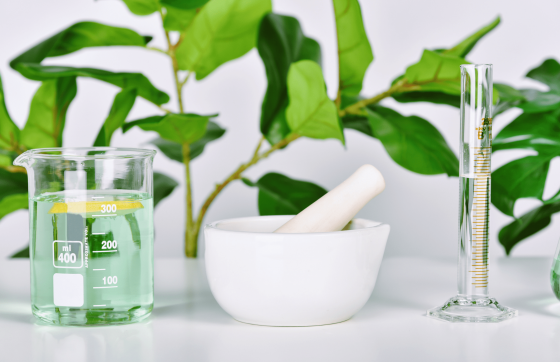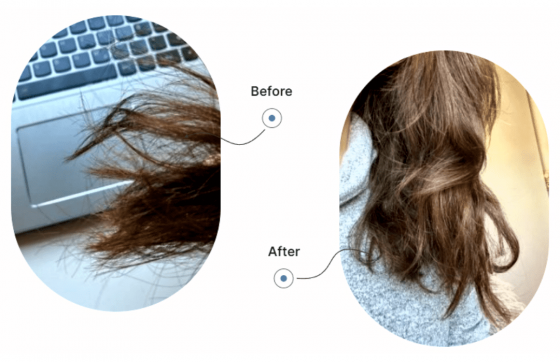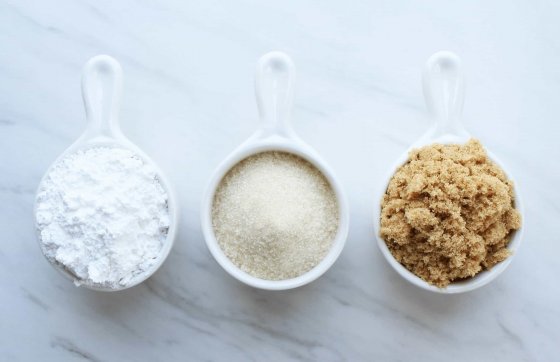
Penetrating vs Sealing Oils For Hair: Oils That Penetrate Hair, Choose The Right Oil! [2023]
![Penetrating vs Sealing Oils For Hair: Oils That Penetrate Hair, Choose The Right Oil! [2023]](https://blog.hairqare.co/wp-content/uploads/cache/2021/09/dmfxellxQlCVAxPnpvxG_Penetrating_Oils_vs_Sealing_Oils_For_Hair-680x432.jpg)
Table of contents
Hair oils are all the rage on the market, they’ve become more and more popular not only as hair care products you can pick up from large brands but also as DIY home remedies.
Who doesn’t love a cheaper, cleaner, chemical-free homemade solution to a problem? We sure do! We can help you learn all about this in our 14 Day Haircare Challenge.
But it’s important to know exactly what oils you’re using and for what reason. Let’s find out! 👇

Hair-specific oils, like the ones we're discussing today, are usually derived from natural ingredients and aim to penetrate the hair shaft with their nutrient-rich goodness. From protecting your hair from heat damage to fighting dandruff, every oil is different and has a range of benefits.
There are two types of oils you can choose from when it comes to haircare: penetrating or sealing oils. They do very different things for your hair, so using them adequately is important!
Penetrating Oils

Penetrating or moisturizing oils are capable of entering your hair shaft and their primary use is to help lock moisture inside your hair shaft. At the same time, they also prevent too much water from entering the hair shaft which can damage the cuticle.
Moisture is one of the key elements needed to strengthen your hair and prevent breakage. You can use these types of oils by themselves, or by adding them to water or a leave-conditioner to help distribute them evenly through your hair.
If you use these oils sparingly, you can leave them in your hair because they actually disappear without living a sticky film over your hair!
They make for a great pre-shampoo or sealant and you can also use them as hot oil treatments!
Examples of oils that penetrate the hair:
Coconut Oil
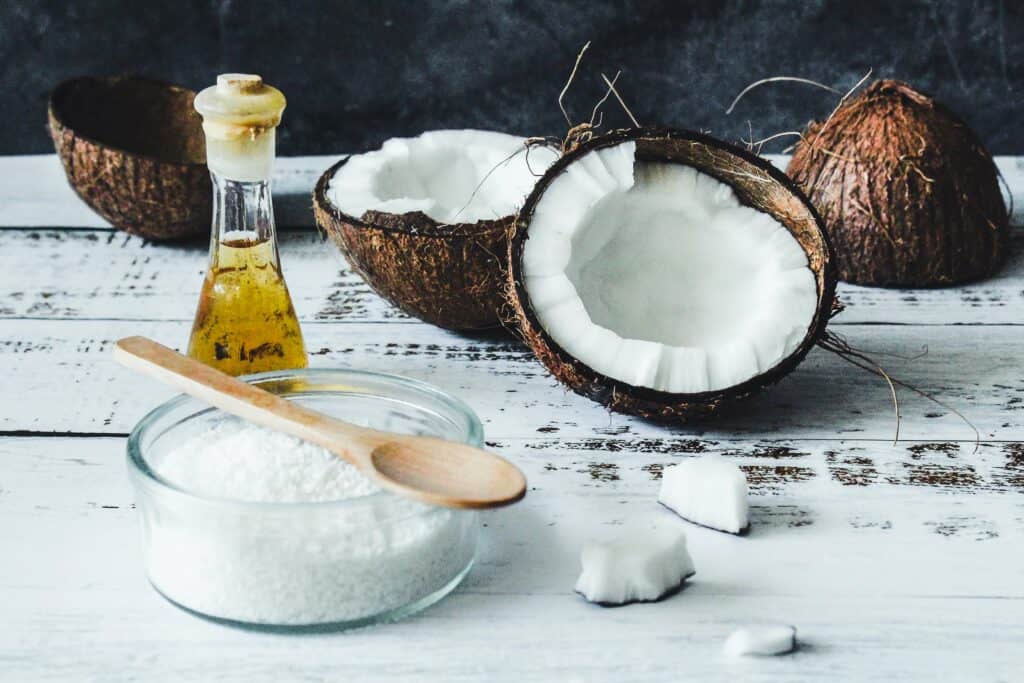
Coconut oil is one of the most popular hair care oils on the market, coconut oil is absorbed by the hair, and it’s a great way of preventing protein loss in the hair. This natural oil specifically penetrates the hair shaft and moisturizes the hair.
It’s an excellent moisturizer and as we’ve mentioned above, moisture works wonders against breakage and adds a nice shine! The natural proteins in coconut oil help fortify the gaps to better seal in moisture and ultimately prevent damage.
Coconut oil is the richest natural source of medium-chain fatty acids which have antibacterial and antimicrobial properties. Because of coconut oil's structure, it penetrates and stimulates the follicles of the hair better than most oils and works best when it's used in small amounts.
Coconut oil has so many uses and naturally penetrates the hair shaft. You can use it in a hot oil treatment, but you can also use it as your daily moisturizer to provide lasting hydration to dry tresses.
BUT coconut oil isn't for everyone depending on your Unique Haircare Profile (this is something we teach in the Hair Growth Lab program as well) this oil can be your arch enemy or the best oil you've ever used. 🥥
Avocado Oil
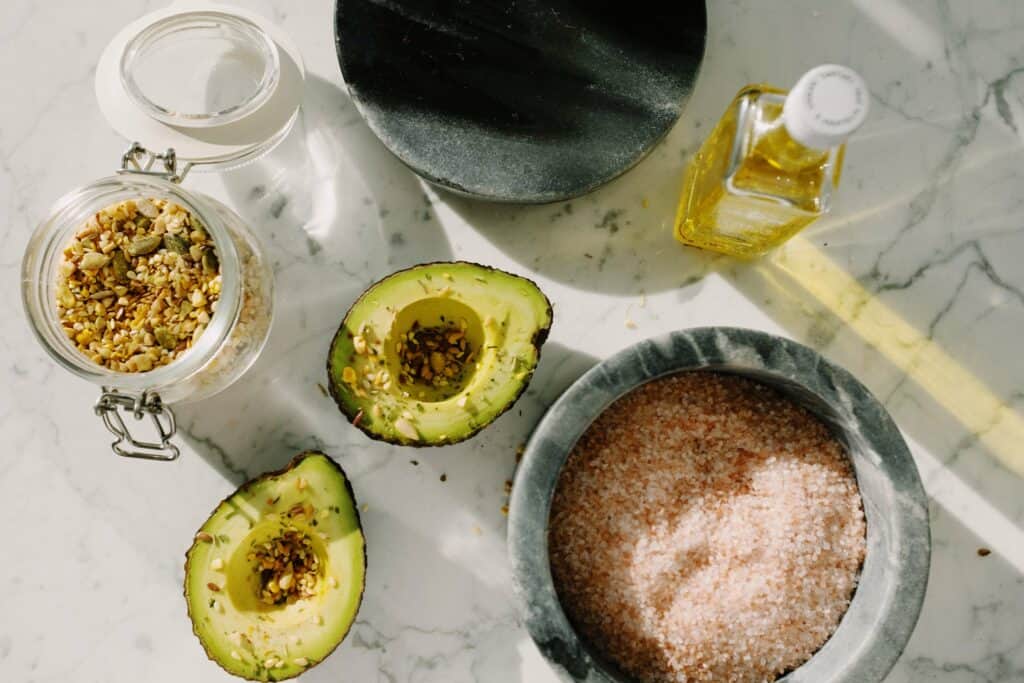
Less known as a hair care product, avocado oil is actually just as beneficial for hair growth! It is also filled with great hair beautifying ingredients such as vitamin A, vitamin E, and biotin! This is one of the best oil that you should look for when choosing one that will penetrate the hair shaft.
Eating avocados or applying the actual fruit to your hair is also beneficial, but the oil is good not only for its ingredients you can ingest but also as a tool to reduce dandruff, detangle your hair and fight breakage! 🥑
Olive Oil
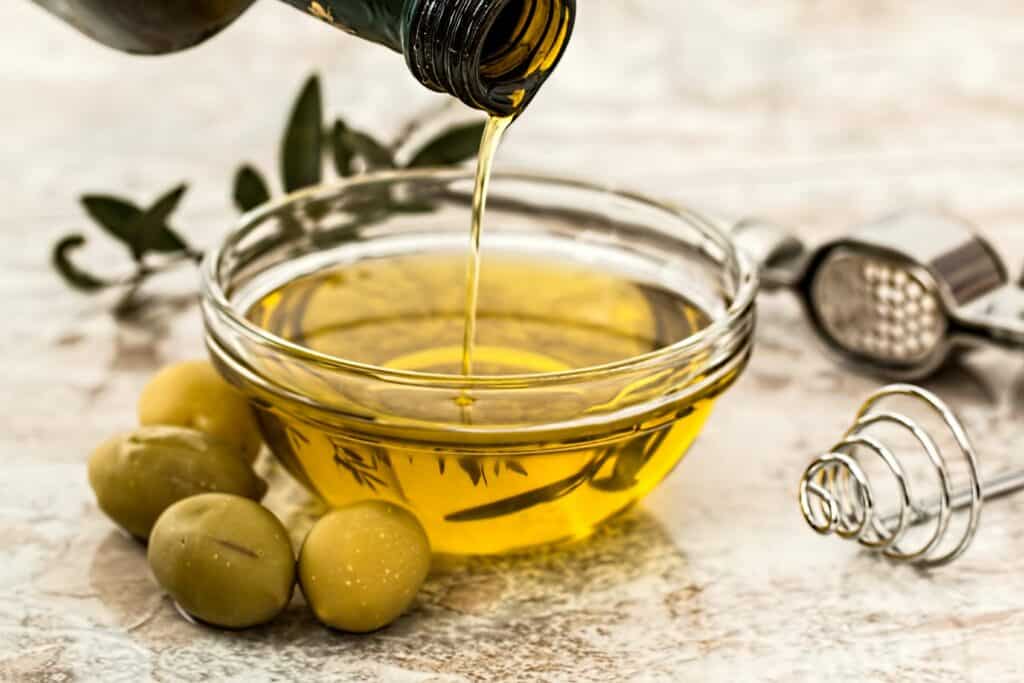
Olive oil is readily available in many households and it’s a magnificent moisturizer for your hair! It has countless amazing benefits: of course, as a penetrating oil, it has great moisturizing properties, but it’s also an excellent way to give more shine to your hair!
It does this by smoothing your hair cuticles, which also helps with damage such as split ends. Olive oil is also a great oil if you’d like to have a more manageable, moveable hair texture. It won’t stiffen up your hair, so it’ll be easy to style it!
If you apply oils that penetrate the hair shaft on your scalp and locks before washing, it prevents all this by making the proteins found in hair more hydrophobic, which means water-repelling, hence water is not able to easily penetrate the hair and cause damage to the outer cuticle when it swells up.
If you're looking for an oil that moisturizes and adds elasticity at the same time, olive oil is one of the best choices!
Have you tried to use any of this penetrating or moisturizing oil on your hair? If not, maybe this is the right time for you to try it and see the big difference in your hair!
Sealing Oils

While penetrating oils can get inside your hair shaft, sealing oils are used to go on top of your hair and keep the useful moisture in!
Sealing oils are best used after a thorough moisturizing process, because yes, these oils do keep added moisture in your hair! But they don’t let any new moisture get in.
And remember! These usually heavy and thick oils will not be absorbed by your hair, which means that there will be a thick film over your hair once you’ve applied it.
Sealing oils are most commonly used to keep your hair soft and conditioned, so it stays shiny and nice for a longer period of time!
Let’s have a look at some great sealing oils:
Jamaican Black Castor Oil

Due to its thickness, this oil is a very good sealing oil for the thickest and curliest hair! Its consistency is similar to honey so it’s quite easy to spread, and it has a softening effect, so it holds your hair nicely whilst also allowing enough movement to style.
This oil also has the ability to draw out toxins from your hair, which stimulates hair growth!
Jojoba Oil

Jojoba oil has a much lighter consistency than Jamaican black castor oil. It is the oil that most closely resembles the natural oils our hair produces! Jojoba oil contains fatty acids and vitamin E, which encourage hair growth and protect your hair from free radicals, which can cause hair damage.
It is a very effective sealing oil, and an added benefit is its soothing effect on the scalp! If your scalp feels flaky and dry, try giving yourself a deep massage with jojoba oil.
Grapeseed Oil
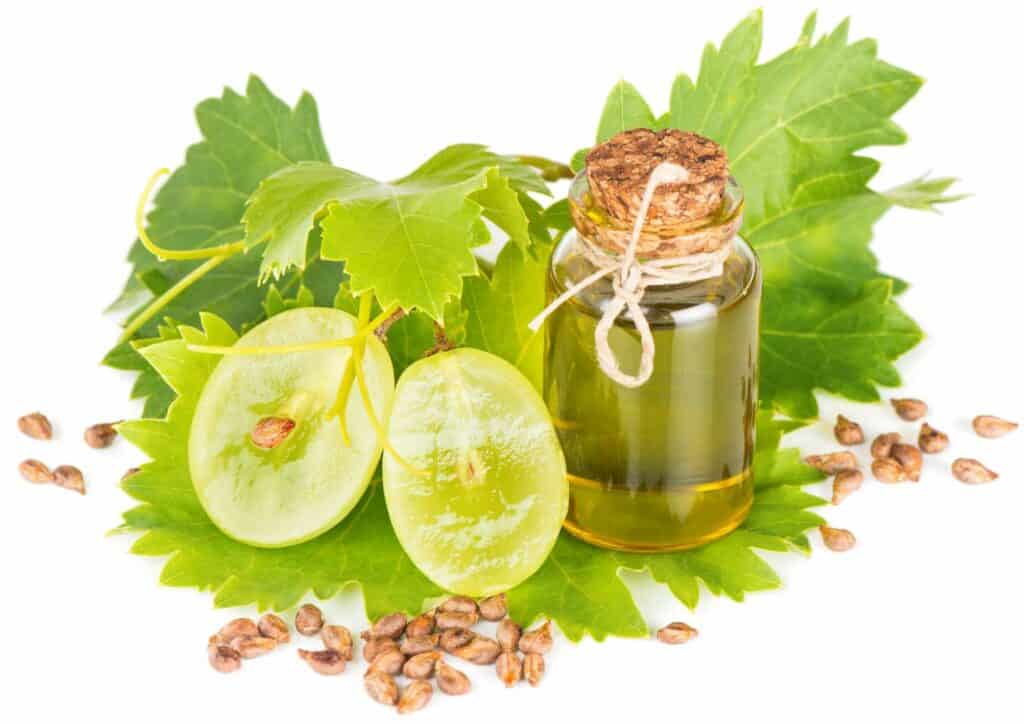
Grapeseed oil has a similar consistency to jojoba oil: it’s light, it won’t weigh your hair down and it won’t make it feel as greasy as other oils. It’s best used after you’ve applied a leave-in conditioner to seal in that good moisture!
Grapeseed oil is not as thick as Jamaican black castor oil, so it’s best used by people whose hair is thinner or finer in texture. If the smell of some of the above-mentioned oils bothers you, grapeseed oil has no scent, so this should be perfect for you! And it’s heat resistant too, which is another added bonus!
It's especially hard to find a good oil if you have a difficult hair profile like oily roots and dry ends.
So which oil is best for you?

Knowing how to choose the best oil for hair growth and general care, however, is not as easy as it seems. Not all hair oils are created equally, so when choosing one for your natural hair, it's important to be discerning. Whether extra moisture, shine, or growth is your goal, here's a primer on how different oils work.
As our mini oil crash course points out, not all oils are for everyone, and not all oils are beneficial for your specific treatment! That's why it's so important to determine your Unique Haircare Profile.
In our Hair Growth Lab program, we can guide you in setting your hair goals and determining your Unique Hair Profile. It's a process that takes around 5 weeks to complete but if you're looking for a quick introduction to holistic haircare and re-working your haircare routine check out our 14 Day Haircare Challenge.
The good news is as soon as you understand how the markup of your hair influences your oil choices it's easy to connect the dots and find the perfect oil (without spending a ton of money on it).




